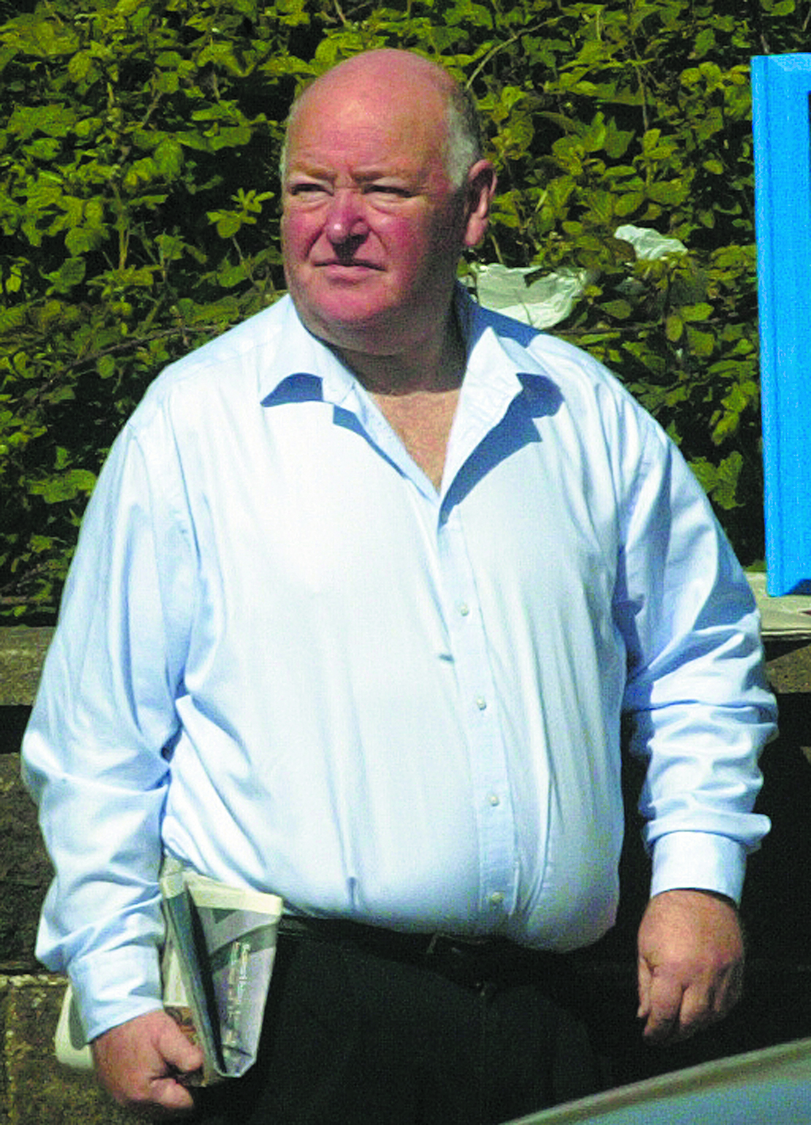In recent years the Northern Ireland Audit Office has found a series of Government departments guilty of breaching conflict of interest guidelines in relation to the awarding of public contracts worth millions of pounds.
In December 2010 auditor Kieran Donnelly revealed that almost £200m of taxpayers’ money had been misspent by seven Stormont departments.
In one instance the Department for Agriculture was found to have awarded a contract to an environment company to carry out a survey of Northern Ireland’s badger population.
The contract had been awarded despite one of the winning firm’s directors having been part of the decision-making process on how the survey should be carried out.
Mr Donnelly concluded there had been a “clear conflict of interest”’ in the how the contract was awarded and “significant flaws” in the procurement process.
In July 2010 Northern Ireland Fire and Rescue Service was criticised after it awarded pay increases to non-uniformed directors without proper departmental approval.
The auditor general found, “there was at least a perceived conflict of interest for the non-uniformed directors with regards this job evaluation”.
Since April 2009 government staff taking part in procurement panels have been obliged to sign conflict of interest disclosure documents.
In 2006 the Department of Education investigated the awarding of a £64,000 maintenance contract for Belfast Education and Library Board.
It was subsequently disclosed that the contract had been won by an applicant whose nephew was part of the panel which awarded it.
The investigation found the board’s own guidelines for dealing with conflict of interest issues had been ignored.
Three officials faced disciplinary charges, with the relationship between two members of staff and one successful contractor found to represent gross misconduct.
This was subsequently downgraded to simple misconduct, with warnings remaining on their records for one year.
In 2007 the Department of Education was again criticised by the auditor general after it was disclosed millions of pounds in public monies had been lost after land at four schools was sold well below the market value.
The auditor raised concerns over the potential conflict of interest in a number of cases in which consultants had been allowed to simultaneously advise education boards and private developers.
In 2009 the Department of Health was criticised after it emerged that solicitor George Brangam had defrauded it of more than £250,000.
Investigators found Mr Brangam, who has since died, had been able to get away with the fraud because department officials had failed to carry out basic financial checks on bills he submitted because he was a former colleague.
In 2008 former Northern Ireland Tourist Board director Philip Pentland was dismissed for gross misconduct after failing to disclose close links to a firm awarded a lucrative contract with NITB.
Mr Pentland had failed to disclose that he was close friends with the owner of the winning bid and that his wife was also a director with the businessman in another company.
The auditor general subsequently warned public bodies of the need to be alert to potential conflicts of interest and highlighted the importance of perception, as well as reality, in such situations.
Former Auditor General John Dowdall said: “`Government departments and their sponsored bodies administer public money and are responsible for the proper conduct of public business.
“The Assembly and the public expect that government bodies will do this to the highest standards.
“When conflicts of interest are not disclosed or managed properly this undermines public confidence in the standards of public administration”

